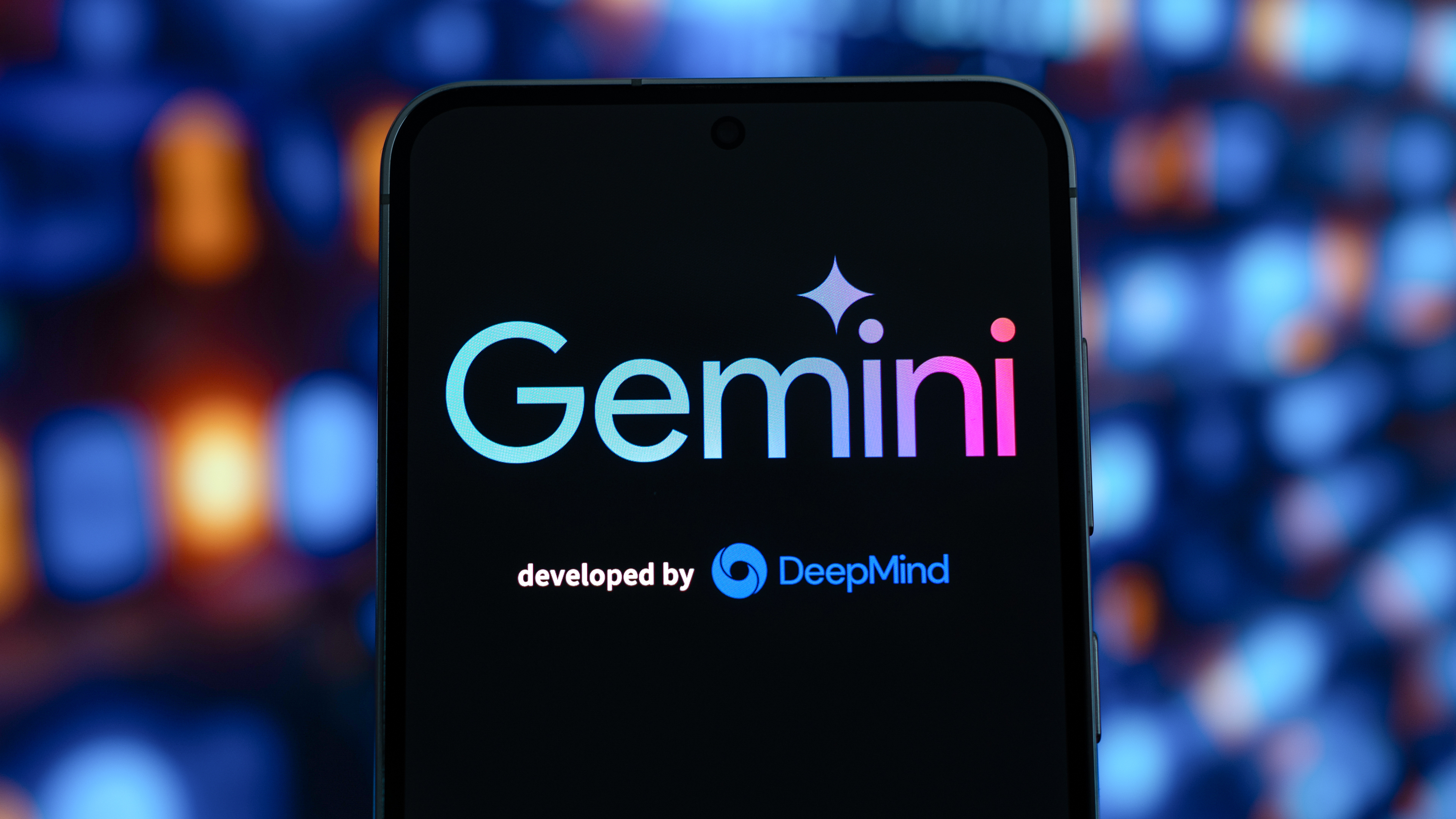Facebook comes clean on sharing user data with third parties — yes, again
5,000 app developers got unauthorized access to your data

Here at Tom’s Guide our expert editors are committed to bringing you the best news, reviews and guides to help you stay informed and ahead of the curve!
You are now subscribed
Your newsletter sign-up was successful
Want to add more newsletters?

Daily (Mon-Sun)
Tom's Guide Daily
Sign up to get the latest updates on all of your favorite content! From cutting-edge tech news and the hottest streaming buzz to unbeatable deals on the best products and in-depth reviews, we’ve got you covered.

Weekly on Thursday
Tom's AI Guide
Be AI savvy with your weekly newsletter summing up all the biggest AI news you need to know. Plus, analysis from our AI editor and tips on how to use the latest AI tools!

Weekly on Friday
Tom's iGuide
Unlock the vast world of Apple news straight to your inbox. With coverage on everything from exciting product launches to essential software updates, this is your go-to source for the latest updates on all the best Apple content.

Weekly on Monday
Tom's Streaming Guide
Our weekly newsletter is expertly crafted to immerse you in the world of streaming. Stay updated on the latest releases and our top recommendations across your favorite streaming platforms.
Join the club
Get full access to premium articles, exclusive features and a growing list of member rewards.
Whoops — they did it again.
Facebook admitted yesterday (July 1) that about 5,000 third-party apps continued to access user data even past the 90-day usage cutoff that Facebook itself set after the Cambridge Analytica scandal went public in 2018.
- The best identity theft protection to keep your personal data private
- Just In: Trump supports larger stimulus payment
"Recently, we discovered that in some instances apps continued to receive the data that people had previously authorized, even if it appeared they hadn't used the app in the last 90 days," wrote Konstantinos Papamiltiadis, VP of platform partnerships, in a company blog post.
"For example, this could happen if someone used a fitness app to invite their friends from their hometown to a workout, but we didn't recognize that some of their friends had been inactive for many months," Papamiltiadis added.
To be fair, it sounds like the third-party apps only continued to get data that users had already authorized them to get, and no more. The types of data included gender, birthdates, preferred language and gender.
But the apps exceeded Facebook's own rule that apps should no longer receive user data if the user hasn't used the app in more than 90 days.
Papamiltiadis said Facebook "fixed the issue the day after we found it," although he didn't say how "recently" the issue had been discovered, or how many Facebook users were affected.
Get instant access to breaking news, the hottest reviews, great deals and helpful tips.
Tom's Guide asked Facebook about those details, and we were told that the problem was found two weeks ago. Regarding the numbers of users impacted, our Facebook contact said that was still being investigated.
We just hope that it doesn't take Facebook executives once again being summoned to give congressional testimony to learn the full details.
The fact that sounds all-too-familiar demonstrates, once again sadly, that Facebook itself still doesn't have the full picture of what's going own in its own systems. That's assuming Facebook has the best of intentions, which many jaded and skeptical Facebook users may not be willing to concede.
So what can you do about this? Go into your Facebook settings — they're in the pulldown menu you see if you click the upside-down triangle near the top right of your desktop Facebook screen — and go to Apps and Websites. If there are apps there that you don't regularly use, remove them.
Or, you know, you could just learn to live without Facebook and delete your account.

Paul Wagenseil is a senior editor at Tom's Guide focused on security and privacy. He has also been a dishwasher, fry cook, long-haul driver, code monkey and video editor. He's been rooting around in the information-security space for more than 15 years at FoxNews.com, SecurityNewsDaily, TechNewsDaily and Tom's Guide, has presented talks at the ShmooCon, DerbyCon and BSides Las Vegas hacker conferences, shown up in random TV news spots and even moderated a panel discussion at the CEDIA home-technology conference. You can follow his rants on Twitter at @snd_wagenseil.
 Club Benefits
Club Benefits





